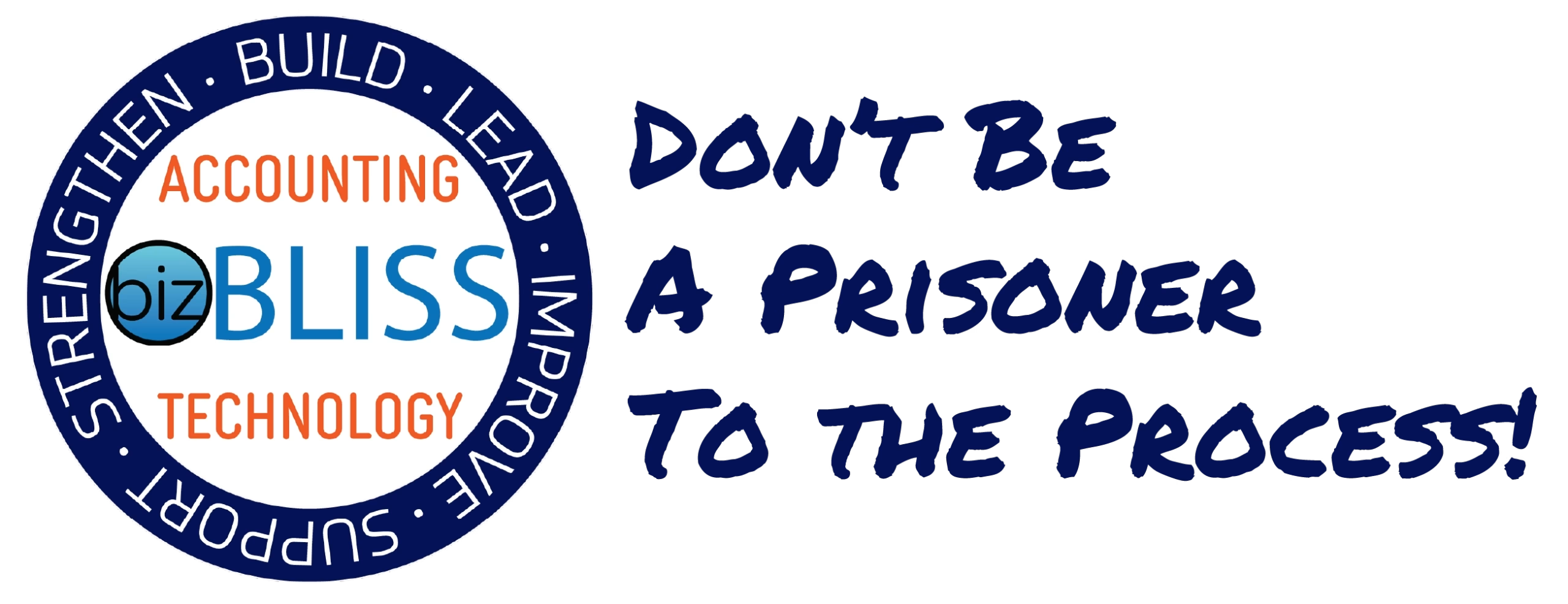Developing a data backup plan

In today’s digital age, data is the lifeblood of businesses and individuals alike. From important documents and financial records to cherished photos and memories, losing data can be devastating. That’s why it’s crucial to have a solid data backup plan in place. In this blog post, we will explore the importance of developing a data backup plan and provide a detailed guide on how to create one that suits your needs.
Why is a data backup plan important?
Protect against hardware failure
- Hard drives can fail unexpectedly, leading to data loss
- Having a backup ensures that your data is safe even if your hardware fails
Guard against accidental deletion or corruption
- Human error is a common cause of data loss
- Regular backups can help recover lost or corrupted files
Prepare for natural disasters or theft
- Natural disasters like fires or floods can destroy physical storage devices
- Theft can result in the loss of important data
- Offsite backups provide an extra layer of protection in such situations
Types of data backup
There are three types of backup types that you can utilize as part of your backup plan. All have their place and are a key part to the success of keeping your data safe.
Full backup
- A complete copy of all data
- Takes longer to perform and requires more storage space
Incremental backup
- Only backs up changes made since the last backup
- Faster and requires less storage space than a full backup
Differential backup
- Backs up changes made since the last full backup
- Faster than a full backup but slower than an incremental backup
Choosing a backup method
We strongly recommend having a dual-backup plan. We recommend having a local repository that is then backed up to the cloud.
External hard drives
- Affordable and easy to use
- Limited storage capacity and susceptible to physical damage
Network-attached storage (NAS)
- Provides a centralized backup solution for multiple devices
- Requires initial investment and technical knowledge to set up
Cloud storage
- Convenient and accessible from anywhere with an internet connection
- Monthly subscription fees and potential privacy concerns
Creating a data backup plan
Assess your data storage needs
- Determine the amount of data you need to back up
- Consider the growth of your data in the future
Set backup frequency
- Decide how often you want to perform backups
- Consider the importance and frequency of data changes
Choose backup locations
- Determine where you will store your backups
- Consider a combination of local and offsite storage for added security
Automate the backup process
- Use backup software or built-in operating system tools to automate backups
- Regularly test the backups to ensure they are working correctly
Conclusion
Developing a data backup plan is essential for safeguarding your valuable information. By understanding the importance of backups, exploring different backup methods, and creating a comprehensive backup plan, you can ensure that your data remains protected and easily recoverable in the event of a disaster. Don’t wait until it’s too late – start developing your data backup plan today.
Talk to an IT Professional to help you develop the right plan for your business. They can help develop, educate, and implement a plan that is right for your business. There are cost-effective ways to ensure that your data will be safe and outages will not impact your business beyond repair.
Additional Information
The Importance of a Disaster Recovery Plan: Alarming Statistics To understand the potential impact of disasters on businesses, and the importance of having a data backup strategy as part of a complete disaster recovery plan, consider the following statistics: Cost of downtime—according to Gartner, the average cost of downtime to a business is $5,600 per minute.
